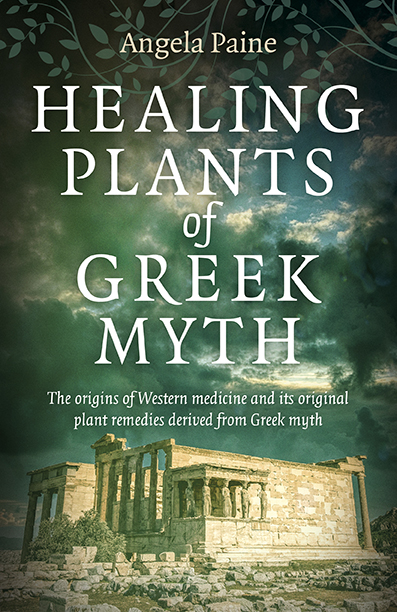Healing Plants of Greek Myth
Tracing the myths surrounding plants used as medicine within the very temples where worship of the god Asclepius took place.

Tracing the myths surrounding plants used as medicine within the very temples where worship of the god Asclepius took place.
Tracing the myths surrounding plants used as medicine within the very temples where worship of the god Asclepius took place.
Healing, Healing (general), Paganism & neo-paganism
Greek myth is part of our background, the names of many of the gods and goddesses known to us all. Within the myths are numerous references to plants used by goddesses and gods to heal or enchant, and the names of many of these plants have been incorporated into the Latin binomials that are used to identify them. By half a millennium BCE the physician god Asclepius entered into the mythology and temples were built to him called Asclepiaea, where the sick came to worship him and sleep with serpents in dormitories, hoping to experience miracle cures. At around the same time the first actual physicians began to practice within the Asclepiaea, using herbs, surgery and dietary advice.
From these remote beginnings Greek medicine and botany evolved and were recorded, first in the Hypocratic Corpus, then by many other famous Greek physicians including Theophrastus, Dioscorides and Galen, who recorded the medicinal plants they used. This book traces the evolution of Greek medicine, the source of Western medicine, and looks at a selection of plants with healing properties, including a large number of trees which were both sacred and medicinal.
Click on the circles below to see more reviews
By half a millennium BCE, Greeks were prescribing herbs and diet and performing surgery in the Asclepiaea, which was dedicated to the healing god Asclepius. Their plants were recorded in the Hypocratic Corpus, then by Greek physicians, Theophrastus, Dioscorides, and Galen. Their medicine would go on to influence the Western world. Each of 30 descriptions starts off with general information and then dives into the plant’s role in mythology, healing properties, how and when to use it, and also when to avoid it. Paine, a pharmacist specializing in medicinal plants, runs Celtic medicinal plant workshops. ~ Kathi Keville, Editor, American Herb Association Quarterly